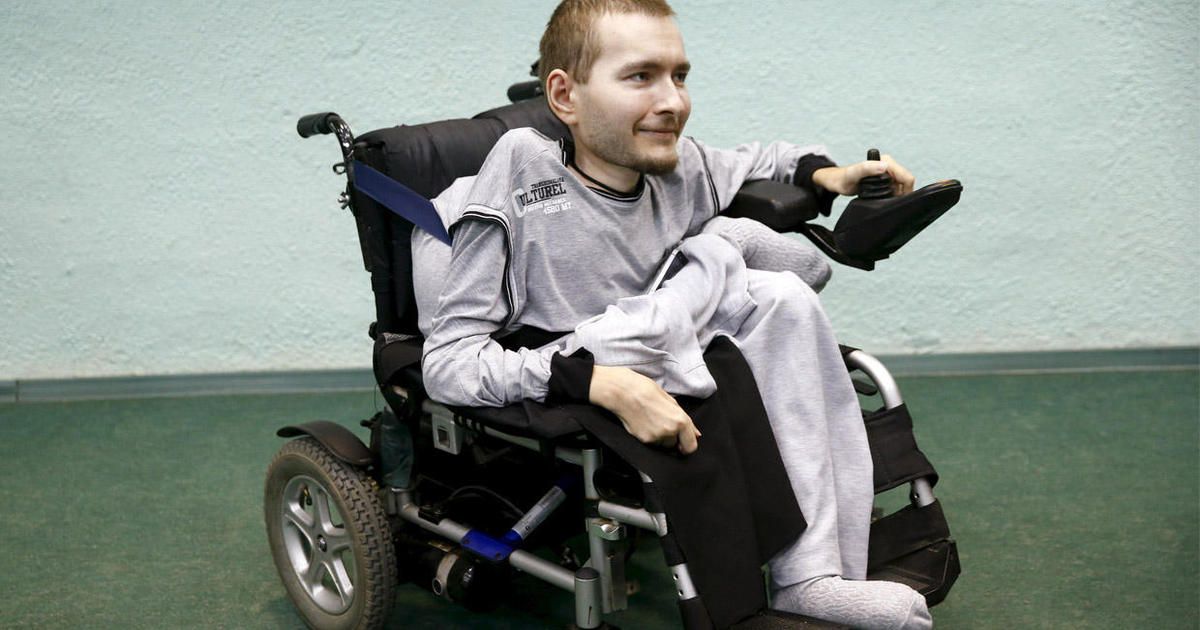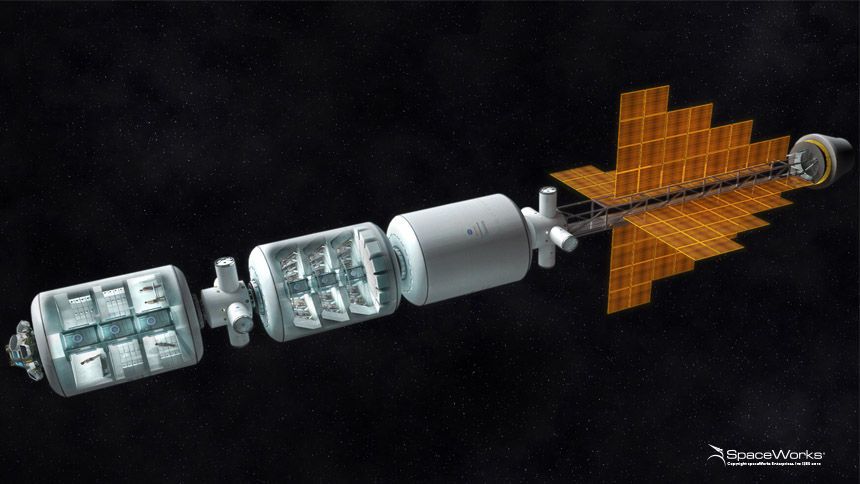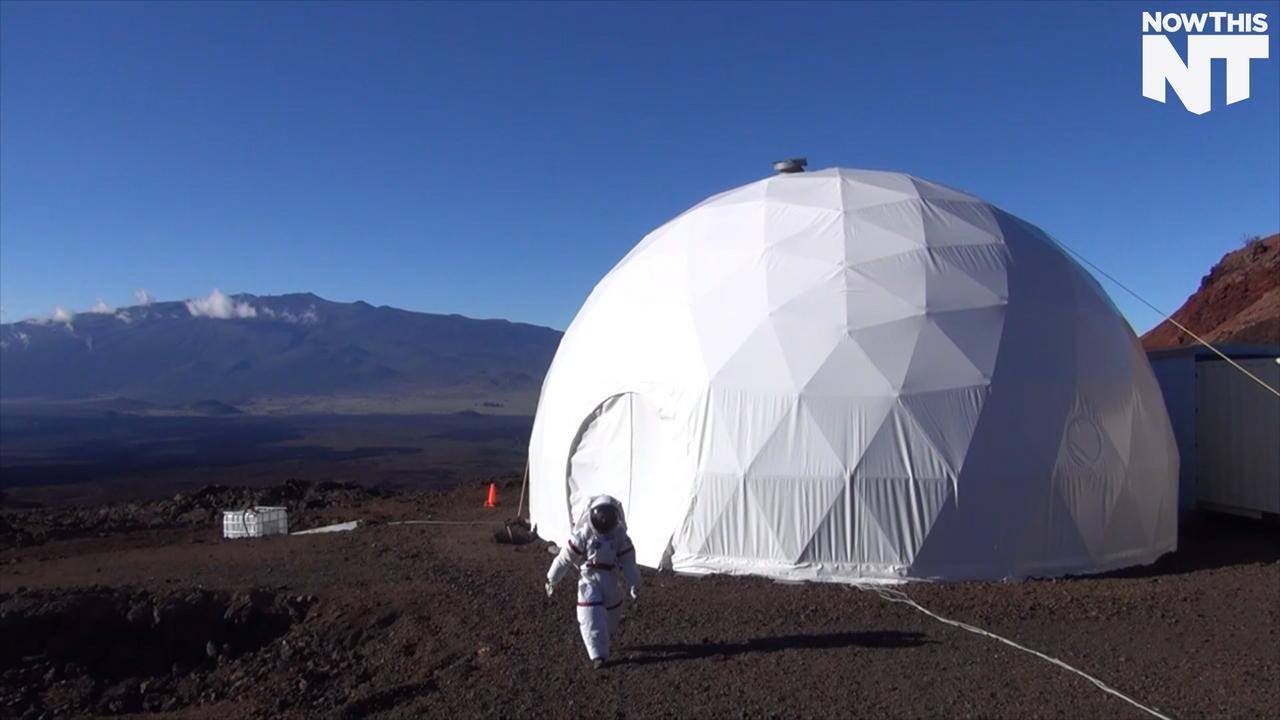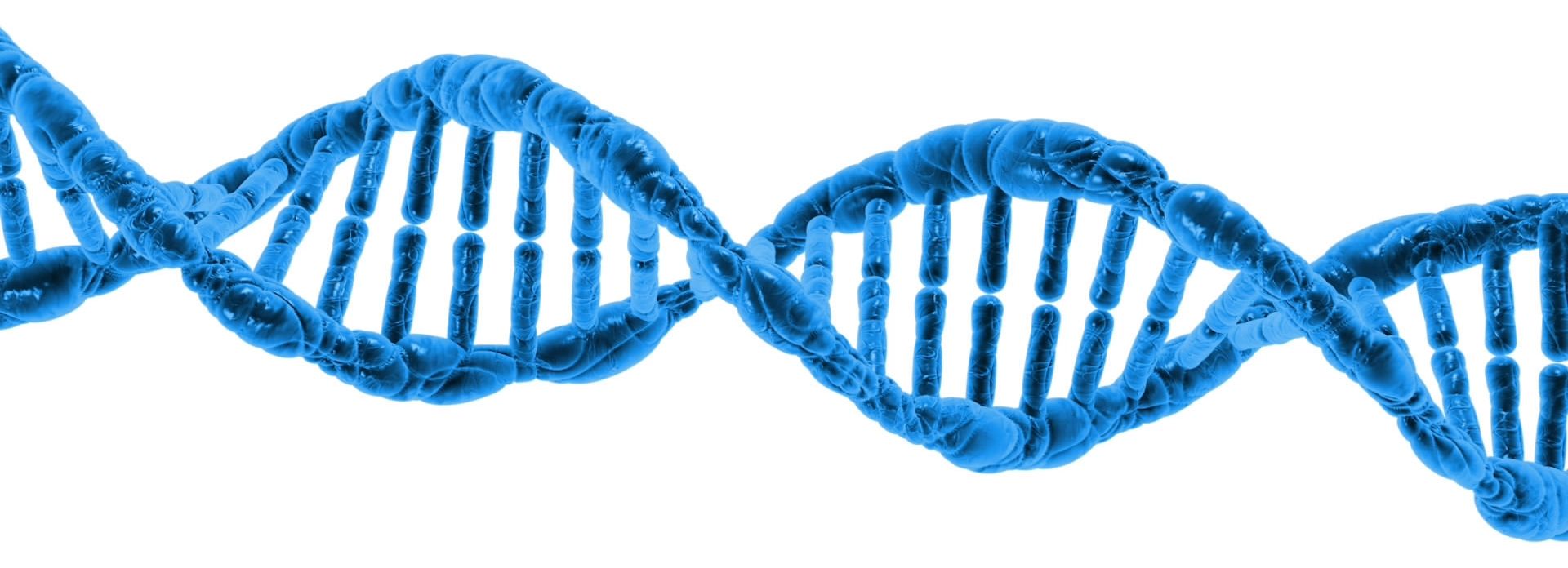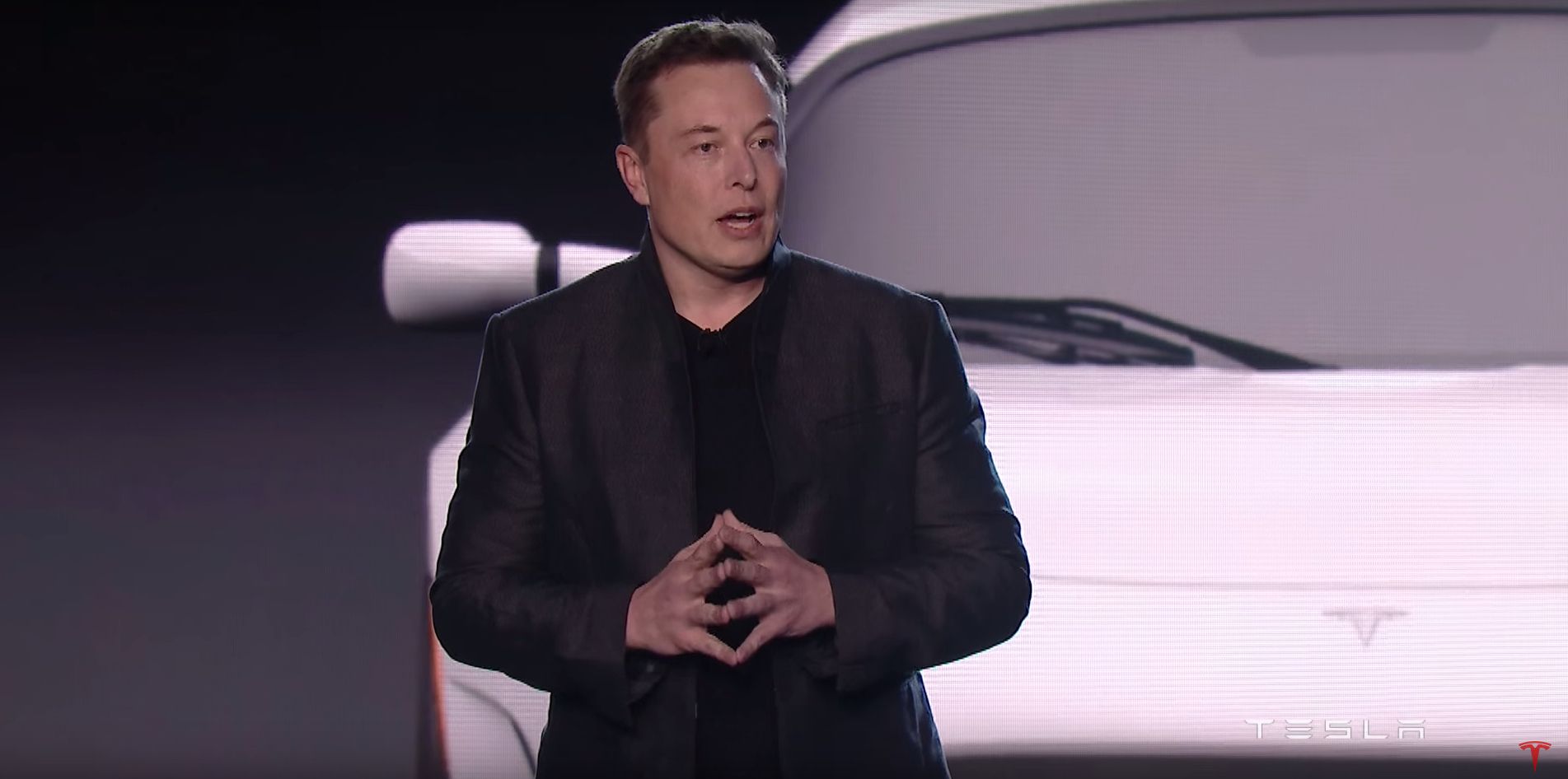Page 10903
Aug 30, 2016
‘Hibernating’ Astronauts May Be Key to Mars Colonization
Posted by Klaus Baldauf in categories: innovation, space travel
Colonizing Mars may require humanity to tap into its inner bear.
Researchers are working on ways to induce a hibernation-like torpor state in astronauts — a breakthrough they say would slash costs and make the long journey to the Red Planet safer and far less taxing for crewmembers.
Such benefits could help lay the foundation for the first footsteps on Mars, and they’re essential to the establishment of a long-term human outpost there, project team members said. [Red Planet or Bust: 5 Crewed Mars Mission Ideas].
Continue reading “‘Hibernating’ Astronauts May Be Key to Mars Colonization” »
Aug 30, 2016
Astronomers Detect Powerful Mystery Signal from Constellation Hercules –“Claim a Strong Possibility of Extraterrestrial Intelligence”
Posted by Klaus Baldauf in category: alien life
An international team of astronomers has just detected signals coming from almost 100 light years away, and they believe the signal is a strong candidate for extraterrestrial contact, according to a document circulated by Alexander Panov, a theorectical physicist at Lomonosov Moscow State University: “a strong signal in the direction of HD164595, a planet system in the constellation Hercules was detected on May 15, using the RATAN-600 radio telescope (below) in the Russian Republic of Karachay-Cherkessia.”
Aug 29, 2016
This Crew Just Finished A Year-Long Mars Simulation
Posted by Albert Sanchez in categories: futurism, space
Aug 29, 2016
Safer Gene Editing Without Cleaving DNA
Posted by Montie Adkins in categories: bioengineering, biotech/medical, genetics, life extension
It’s an add-on for CRISPR.
Researchers have created a new genome editing technique called Target-AID, which induces point mutations instead of cutting DNA
Gene editing technology has fantastic potential, but there are remaining issues and questions over safety and specificity. The major contender is currently CRISPR-Cas9, but this induces a double stranded break in DNA which is a slightly riskier approach — particularly if it cuts in other locations too that you don’t want it to. Research teams across the world are both optimising and customising the CRISPR system; creating more accurate versions or versions that regulate gene expression as opposed to editing it. One such team has now built an add-on to CRISPR, Target-AID.
Continue reading “Safer Gene Editing Without Cleaving DNA” »
Aug 29, 2016
Westworld: New Trailer Teases HBO’s Violent Sci-Fi Western
Posted by Sean Brazell in categories: entertainment, robotics/AI, transhumanism

This looks really fantastic and deals heavily with transhumanist themes, among others. It’s definitely worth giving it a shot. I know i will!
A new trailer for HBO’s highly anticipated drama series Westworld teases a brewing battle between humans and robots at a Western-themed theme park.
Aug 29, 2016
Could Black Holes Give Birth to ‘Planck Stars’?
Posted by Andreas Matt in categories: cosmology, physics, singularity
Theoretical physicists may have stumbled onto a solution to the black hole “information paradox” — what if a black hole’s singularity isn’t an infinitely dense point in space-time? Continue reading →
Aug 29, 2016
Tesla’s Model S Now Drives Like A Ferrari, Thanks To Bigger Battery
Posted by Shailesh Prasad in categories: sustainability, transportation
Tesla took Ludicrous Mode to new heights today. Some subtle wiring changes and a major battery upgrade improved mileage and gave the Model S enough oomph to go from 0 to 60 mph in 2.5 seconds—within fractions of seconds of Ferrari and Porsche models.
The extra performance is largely attributed to a larger battery. Its 100kWh is a 10 percent increase from the previous largest option, and increases total distance for some models by up to seven percent.
Of course it comes at a price. The Model S now costs as much as $134,000—and as always you need to be able to charge it.
Continue reading “Tesla’s Model S Now Drives Like A Ferrari, Thanks To Bigger Battery” »
Aug 29, 2016
Microsoft and IBM Set Sights on the Next Cloud Frontier: Blockchain-as-a-Service
Posted by Shailesh Prasad in category: bitcoin
IBM Blockchain and Microsoft Blockchain-as-a-Service (BaaS) are carving out and fighting for control over a new enterprise market of cloud-based blockchain infrastructure.
Aug 29, 2016
Universal basic income wouldn’t make people lazy–it would change the nature of work
Posted by Shailesh Prasad in categories: economics, employment, government
Americans believe in the importance of a good day’s work. And so it’s understandable that the prospect of a universal basic income (UBI), in which the government would issue checks to cover the basic costs of living, rubs some people the wrong way. Writing in The Week in 2014, Pascal-Emmanuel Gobry envisions a UBI dystopia in which “millions of people” are “listing away in socially destructive idleness,” with “the consequences of this lost productivity reverberating throughout the society in lower growth and, probably, lower employment.”
This is a reasonable concern. After all, the most successful anti-poverty programs in the US thus far, such as the Earned Income Tax Credit, have been carefully designed to promote work –not enable people to avoid it. But based on the evidence we have so far, there’s little reason to believe that a UBI would lead people to abandon work in droves. And even if some people did indeed opt to give up their day jobs, society might wind up reaping untold rewards from their free time in the long run.
Back in the 1960s and 1970s, the US and Canada were seriously considering the possibility of instating a UBI. During that time, the US government commissioned a series of experiments across six states to study the effects of guaranteed income, particularly its effects on work. The Canadian government introduced a similar experiment in the town of Dauphin.
